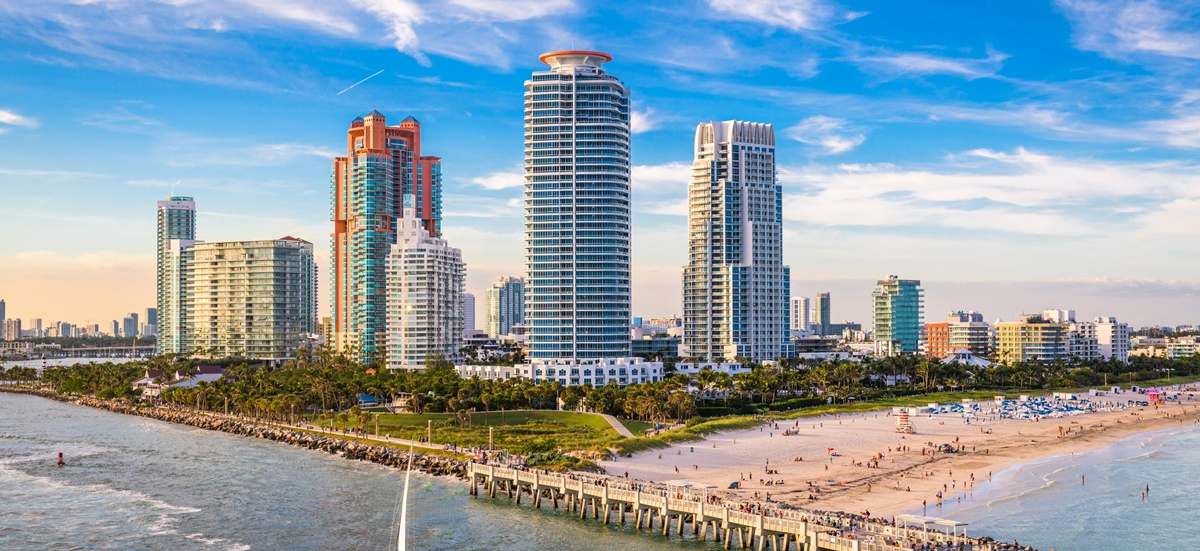If you plan to immigrate to the USA from Thailand, you can do so through various procedures or, better said, types of visas. Each of them has different requirements, even if the process is similar and must be completed with the same authorities.
Below, our immigration lawyers in the United States explain the main ways through which you can relocate here from Thailand.
Visa requirements for people who move to the USA from Thailand
Any Thai national wishing to enter the United States even for a short time must have both a valid Thai passport and a US visa. In terms of long-term immigration, they can apply for:
- immigrant visas;
- non-immigrant visas.
They need immigrant visas if they plan to remain in the country permanently; but, for those coming to the USA to visit for business, pleasure, or research, the non-immigrant visa can be a suitable option.
Our immigration lawyers in Miami are at your service, no matter the type of immigration visa you are interested in. Among these, we can assist in applying for a spouse visa for the USA, one of the most selected ways to move here from Thailand.
Non-immigrant visas for people who want to immigrate to the USA from Thailand
Our Miami-based law firm is at the service of those who want to relocate to the United States from Thailand for a determined period of time.
Considering the US green card is not available to everyone, and the application process can be time-consuming, many Thai citizens choose to apply for temporary visas in order to:
- travel;
- work;
- study.
These visas, which are also known as non-immigrant visas are frequently renewed and valid for numerous visits, enabling one to stay in the country for several years.
It is also useful to note that a lot of people first obtain temporary visas before obtaining permanent residency. You can address our US immigration lawyer if you want to apply for a non-immigrant visa and move to the United States from Thailand.
Family-based immigration to the USA from Thailand
You can qualify for a family visa if you have a family member who is a citizen or permanent resident of the United States, such as:
- a husband/wife;
- a sibling;
- fiancé;
- parent or stepparent.
Most people who decide to emigrate from Thailand choose the US spouse visa, which is simpler to obtain. Our immigration lawyer in Miami can help if you choose to relocate to the State of Florida.
How to immigrate to the USA from Thailand based on employment
Green cards based on employment are a popular way for Thai citizens to relocate to the USA. They fall into five categories and are granted one of the available types of visas depending on their abilities and other requirements. These are:
- the EB-1 visa;
- the EB-2 visa;
- the EB-3 visa;
- and the EB-4 visa.
In certain situations, such as the EB-4 visa the application must be sponsored by a US employer. In the other situations (visas EB-1 to EB-3), applicants may need to provide proof of exceptional talent or specialized training.
The EB-5 or investor visa for the USA is granted to investors who invest between USD 800,000 and USD 1 million in American communities to create jobs. If you choose this path, do not hesitate to contact our immigration attorneys in the USA for specialized guidance.
How many Thai citizens live in the United States
According to various data, the Thai community is an important one among Asian nations living in the United States, as follows:
- at the level of 2020, the number of Thai people living in the USA was 204,150;
- at the level of 2023, their number was 237, 639;
- the largest community of Thai citizens lives in Southern California (about 100,000 people).
If you need assistance in immigrating to the USA from Thailand, do not hesitate to contact our Miami-based lawyers.

